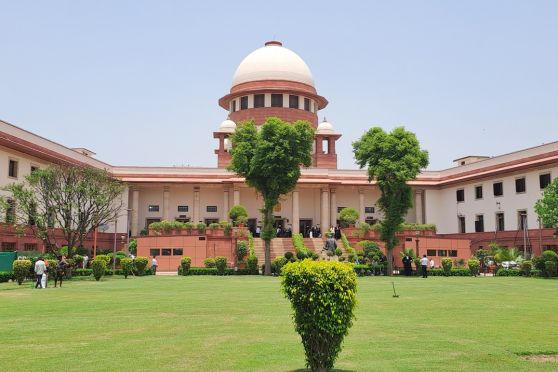Educational institutions and coaching centres have been asked to refrain from segregating student batches based on academic performance and assigning targets disproportionate to a student’s capability as part of measures to curb suicides.
The UGC has circulated a 15-point guideline framed by the Supreme Court in a July 25 judgment to check suicides in educational institutions. A National Task Force on Mental Health Concerns of Students is also at work.
The court had said its guidelines were aimed at providing an interim protective framework till the task force submitted its report.
According to the guidelines, all educational institutions with 100 or more enrolled students shall engage at least one qualified counsellor, psychologist or social worker with demonstrable training in child and adolescent mental health. Institutions with fewer students should establish formal referral links with external mental health professionals.
Institutions shall ensure an optimal student-to-counsellor ratio and dedicated mentors or counsellors shall be assigned to smaller batches of students, especially during examination and academic transitions, to provide consistent and confidential support.
“All educational institutions... shall refrain from engaging in batch segregation based on academic performance, public shaming or assignment of academic targets disproportionate to students’ capacities,” it said.
Teaching and non-teaching staff at the institutions
shall undergo mandatory training at least twice a year, conducted by certified mental health professionals, on psychological first-aid, identification of warning signs, response to self-harm and referral mechanisms.
Institutions shall ensure that all teaching, non-teaching and administrative staff members are adequately trained to engage with students from vulnerable and marginalised backgrounds in a sensitive, inclusive and non-discriminatory manner.
Institutions have been directed to establish robust, confidential and accessible mechanisms for the reporting, redressing and preventing incidents involving sexual assault, harassment, ragging, and bullying based on caste, class, gender, sexual orientation, disability, religion or ethnicity.











